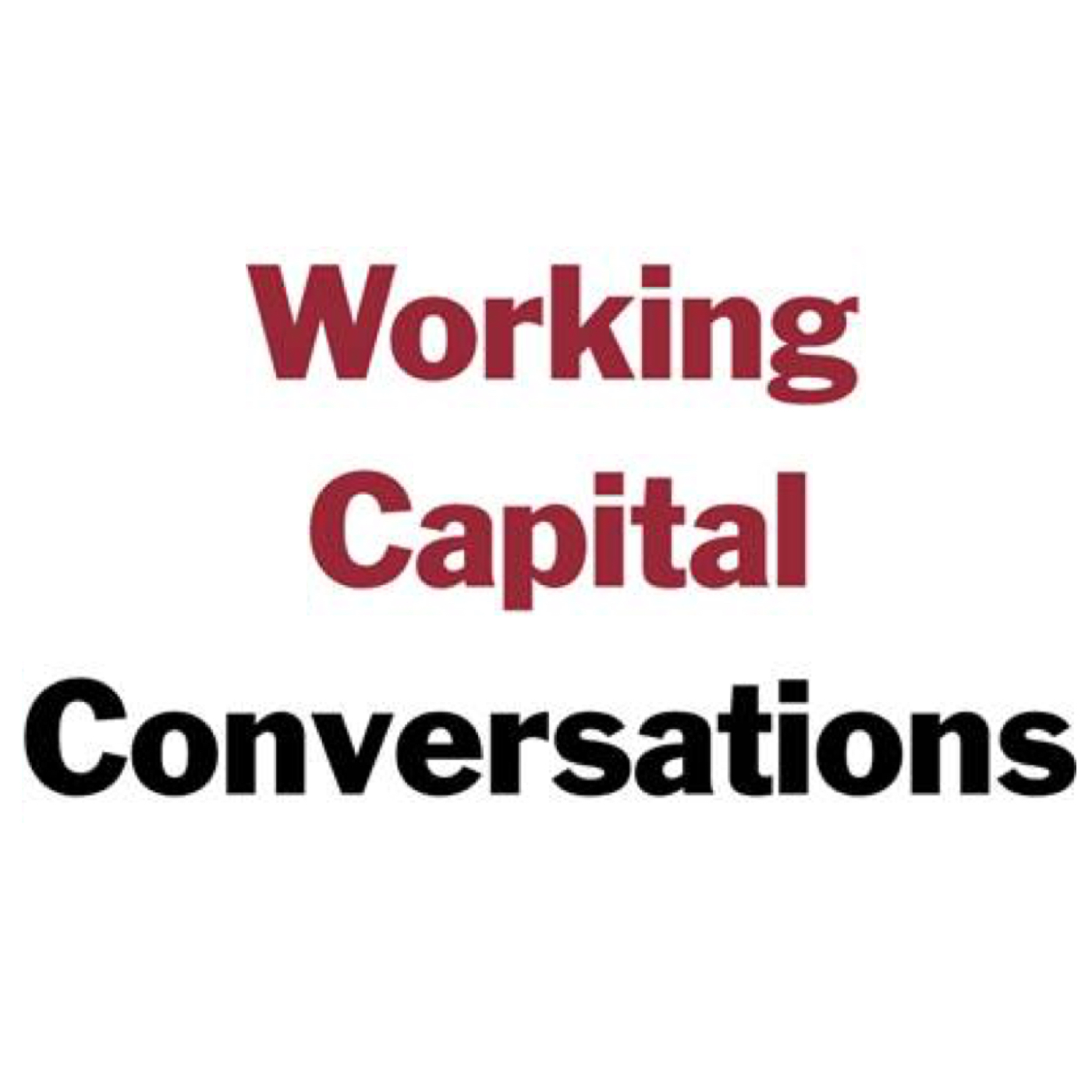Episodes
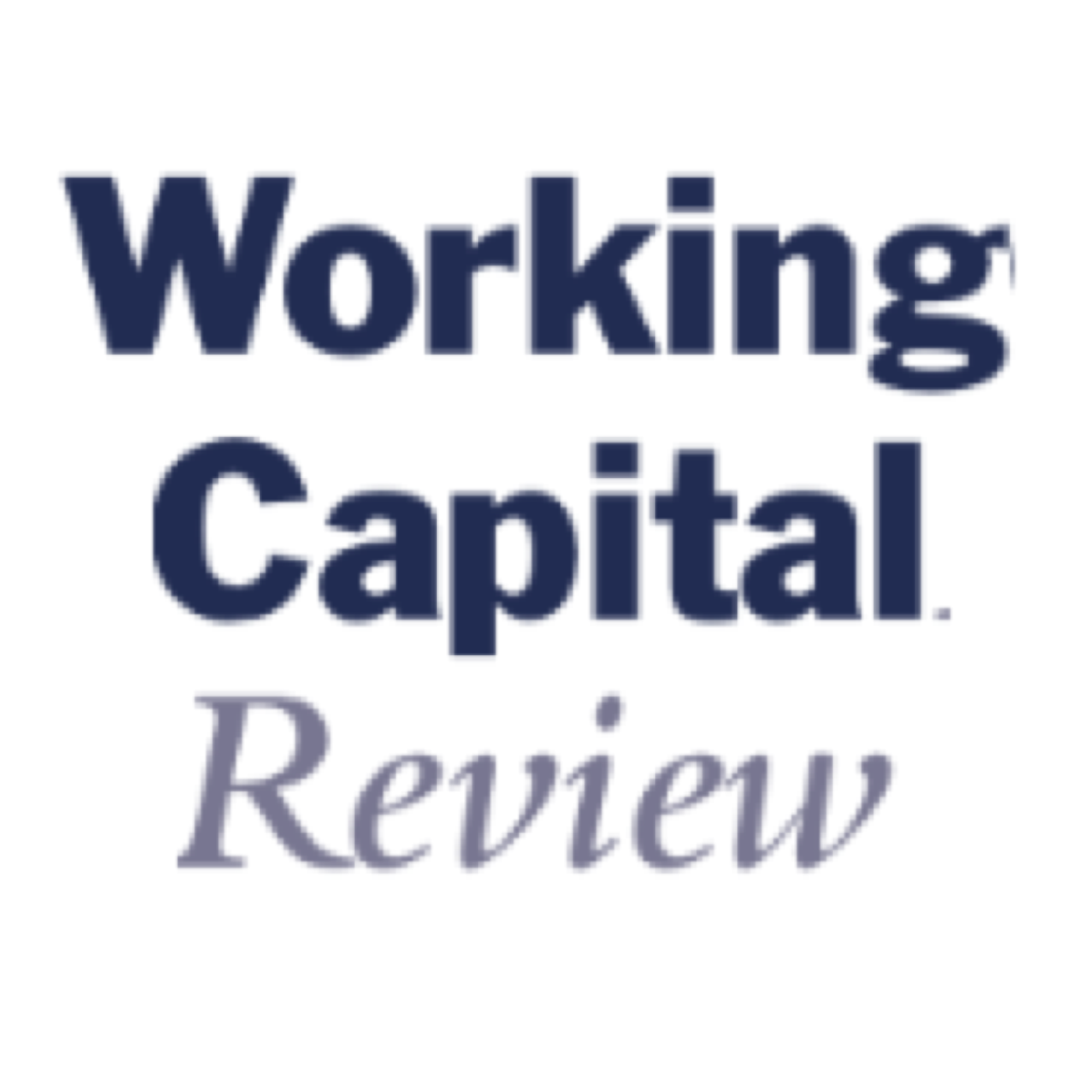
Tuesday Nov 28, 2017
Inside the Mobile Economy with Anindya Ghose
Tuesday Nov 28, 2017
Tuesday Nov 28, 2017
And if you want to understand this massive and growing engine of global economic growth, there is perhaps no better tour guide than Anindya Ghose.
Anindya is the Heinz Riehl Chair Professor of Business at New York University's Leonard N. Stern School of Business. He is also the author of the important and engaging new book, Tap: Unlocking the Mobile Economy.
But after talking with Anindya, if I were to retitle his book, I’d likely make it: The power of a curious mind. Since beginning his studies and research, Anindya has focused relentlessly on the mobile economy – on understanding what he calls “the two-way exchange” that benefits both customers and business.
Through research, case studies, and a distinct sense of humanness and humility, Ghose identifies nine forces that shape consumer behavior – time, crowdedness, trajectory, weather, and more – and he examines how they work individually and together. In his own words, Ghose “highlights the true influence mobile wields over shoppers, the behavioral and economic motivations behind that influence, and the lucrative opportunities it represents.”
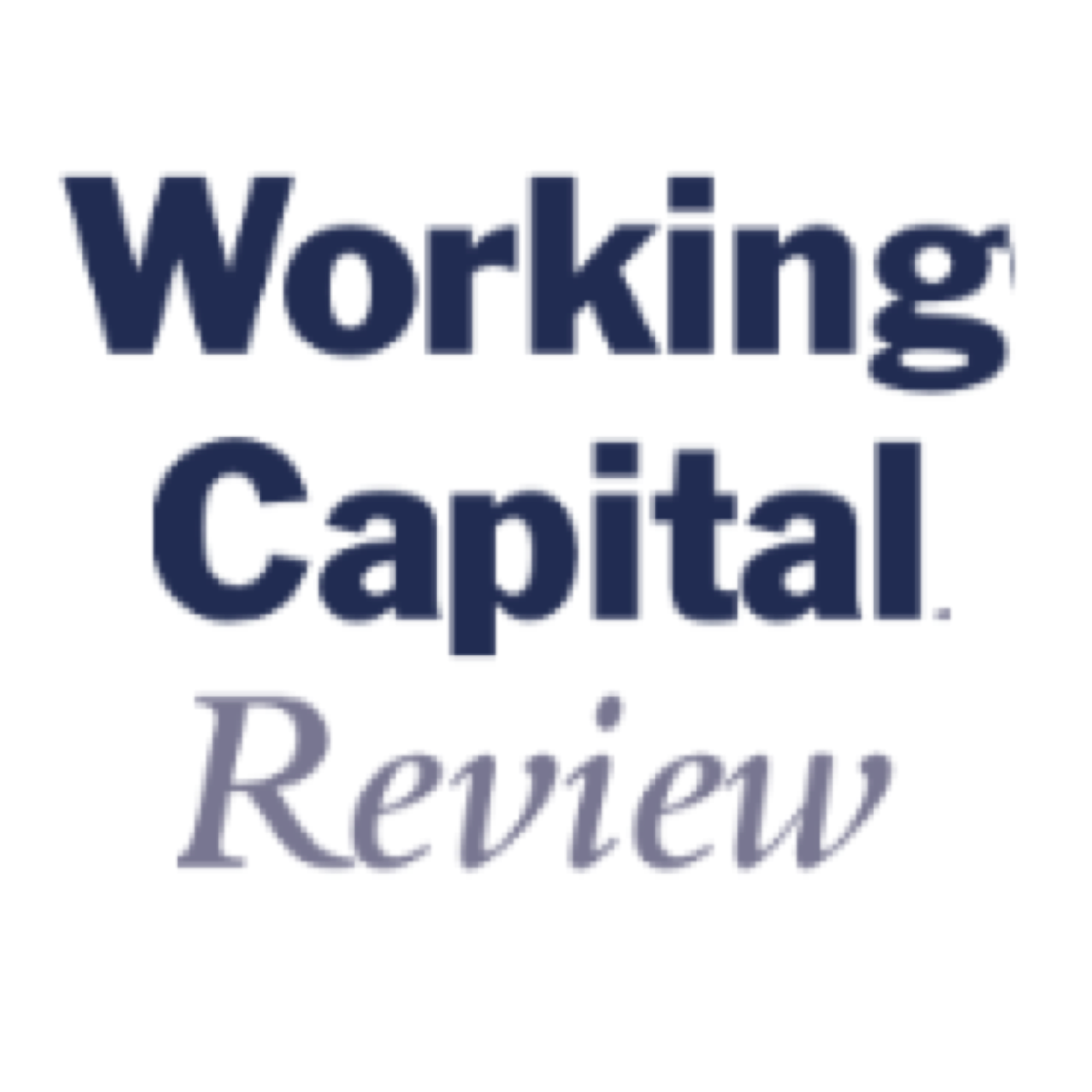
Tuesday Nov 21, 2017
Tuesday Nov 21, 2017
But as a new report – based on interviews 123 Asia-based family firms and 14 private equity professionals – shows, the answer may be more complicated.
The report is titled “The Institutionalization of Family Firms,” and it covers a significant driver of the global economy. As the study notes: “As family firms account for 70% of GDP in the global economy and 60% of global employment, the importance of long-term value creation extends beyond individual families – it is among the main drivers of economic growth and business innovation, as well as livelihoods.”
To understand the study – and the lessons it reveals – I spoke with the lead author, Claudia Zeisberger. Zeisberger is the Senior Affiliate Professor of Decision Sciences and Entrepreneurship & Family Enterprise at INSEAD, as well as Founder and Academic Director of the school’s private equity center. She is also co-author of the two recently published books: Mastering Private Equity & the accompanying case studies Private Equity in Action.
Among the topics we discussed: the so-called “Proficiency Gap” around Corporate Governance & Leadership; Access to Capital; Organizational Design; and Growth Capabilities. We also discussed the role private equity can play in helping institutionalize a family firm and unlock value.

Tuesday Nov 07, 2017
Estimating the Size of the App Economy with Morgan Reed
Tuesday Nov 07, 2017
Tuesday Nov 07, 2017
But how will this growth continue? How can the app economy extend beyond social media and games? How will it balance a reliance on Big and personal data with increasing calls to protect individual privacy? And what about the promise of artificial intelligence and the peril of cyber security?
Morgan Reed is President of ACT/The App Association, which represents more than 5,000 app companies and information technology firms in the mobile economy. The organization advocates for an environment that inspires and rewards innovation while providing resources to help its members leverage their intellectual assets to raise capital, create jobs, and continue innovating
Morgan – and the App Association – sit at the intersection of just about everything interesting that’s happening in the tech and business world today – mobile, cloud, data… and as Morgan points out, given new technologies like AI and the Internet of Things, it’s all only going to speed up exponentially from here.

Tuesday Oct 31, 2017
What is Private Equity? - Claudia Zeisberger of INSEAD
Tuesday Oct 31, 2017
Tuesday Oct 31, 2017
For years, Claudia Zeisberger has found herself being asked what might seem like a straightforward question: What is Private Equity.
It also might seem like a surprising question, given that global private equity assets under management run at about $2.5 trillion. It’s not like we’re talking about some hidden asset class.
But the question came frequently and in different forms – sometimes about doing PE deals, other times about managing PE investments, still others about Fund Management and the GP-LP Relationship.
So over the years, Zeisberger – who is the Senior Affiliate Professor of Decision Sciences and Entrepreneurship & Family Enterprise at INSEAD, as well as Founder and Academic Director of the school’s private equity center – would write 2-3 page primers on the various topics and hand them out.
Now, Zeisberger has taken those primers and added original insights from some of the leading private equity players globally and co-authored two books: Mastering Private Equity & the accompanying case studies Private Equity in Action.
Of course, being based in Singapore and continually on a plane – I caught up with her in Hong Kong – Zeisberger has a unique view not only into private equity’s history, but also current trends.
So what is private equity and what’s next for this mammoth asset class? That’s what we discussed…
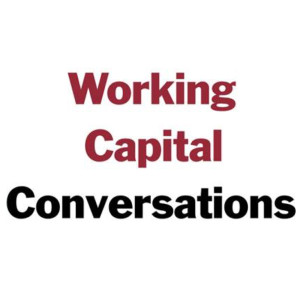
Friday Oct 13, 2017
Friday Oct 13, 2017
But the view over the last years is mixed. One 2014 study found that post-2000, there was “little evidence of persistence for buyout funds, except at the lower end of the performance distribution.”
Their conclusion: “the once robust persistence of performance across buyout funds has weakened, along the historical outperformance of private equity relative to the private markets.”
But what does this finding mean in terms of various important inputs, factors like: approaches employed in selecting fund managers, factors influencing performance in the current environment, industry trends and performance benchmarks, comparisons between venture and buyout investing, alignment issues, and the importance of culture?
I asked Dr. Josh Lerner, Chair of the Entrepreneurial Management Unit and the Schiff Professor of Investment Banking at Harvard Business School. He also serves as Director of the Private Capital Research Institute, a nonprofit devoted to encouraging access to data and research about venture capital and private equity.
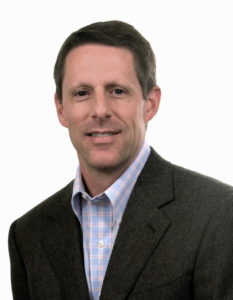
Saturday Aug 26, 2017
Saturday Aug 26, 2017
The problem is challenging and enduring – and to listen to John Denniston, it also just may present the perfect opportunity to both do good and well.
It’s called the Yield Gap – the difference in agriculture yield from farms in developed countries – which are more efficient and deliver more food per acre – vs. emerging countries, which are, of course, the very places where food is most needed.
And that gap is part of the reason why Denniston, whose career has included investing in green tech and more as a partner at Kleiner Perkins Caufield & Byers, as well as heading Tech Investment Banking in the Western U.S. at SalomonSmithBarney, launched Shared X – which he describes as a for-profit agriculture impact company with two key goals: Generating financial returns and generating social returns.
But for this longtime investor, the a ha moment that led to Shared X came not through number crunching – though he does plenty of that – but rather on a trip with his kids. What did he realize on that family vacation that changed their outlook and their lives? That’s what we discussed…

Friday Jul 21, 2017
Friday Jul 21, 2017
It’s a question that any executive or wannabe executive asks: What defines great leadership? Are great leaders born – or can the skills be learned? And how does strong leadership get connected to successful business outcomes?
To learn more, I spoke with someone who not only spends much of his time thinking about leadership, he also writes and talks about it – and most importantly, has spent much of his life doing it.
Ron Williams is the former Chairman and CEO of Aetna. When he joined Aetna in 2001, its loss from continuing operations was $292 million, with earnings per share loss of $0.46. By the time Williams left in 2011, the company’s full-year operating earnings were $2 billion, with operating earnings per share of $5.17. During his tenure, Aetna was named FORTUNE’s most admired company in the Health Care: Insurance and Managed Care category for three consecutive years.
Since Aetna, Williams has continued to help drive leadership in business, including in private equity. He as served as Operating Advisor to Clayton, Dubilier & Rice, where he is chairman of CD&R’s portfolio company, agilon health, and successfully guided two other CD&R portfolio company exits.
His influence and experience doesn’t end there: Williams is a Director of American Express, The Boeing Company, Johnson & Johnson, Envision Healthcare and is a member of Deutsche Bank’s Americas Advisory Board. He also served on President Obama’s President’s Management Advisory Board from 2011 to 2017, where he worked to bring the best of business practices to the management and operation of the federal government.
As you can tell, Williams is motivated by leadership – why it matters, what it looks like, what it can do to improve business and, frankly, society.
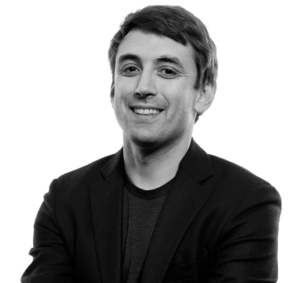
Tuesday Jul 18, 2017
How to Close the Global Skills Gap — Jake Schwartz, General Assembly
Tuesday Jul 18, 2017
Tuesday Jul 18, 2017
For many Americans, a central reason that the inequality gap may be getting worse can be summed up in one word: Jobs.
Job openings have been increasing. And yet as we all know – perhaps personally, perhaps from the news, and definitely from the most recent U.S. election –employment prospects for workers left behind by the current economic expansion seem increasingly dim.
Now, there are many causes for this trend, many of which come under fierce debate. One is the skills gap.
As LinkedIn CEO Jeff Weiner said recently: “Is there a skill gap, is there not a skill gap? I think when you think about it in the aggregate across the United States, you can debate it. But unquestionably, at the local level, there are skills gaps. There are cities that are hiring, they’re hiring quickly. They’ve got fast-growing industries and they don’t have the talent with the requisite skills to take on those roles.”
Jake Schwartz is trying to do something about it.
Jake is CEO of General Assembly, a pioneer in education and career transformation, specializing in today’s most in-demand skills. Specifically, General Assembly bridges the gap between job seekers and companies needing talent with relevant skills. In just about 6 years, they’ve opened 20 campuses on four continents, with more than 35,000 graduates.
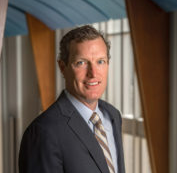
Monday Jul 17, 2017
Monday Jul 17, 2017
The role and importance of global investing continues to grow – and get more complicated. At the same time that globalization trends, cross-border transactions and supply chains, technology and more have flattened the world and extended the range and importance of investing, new counter trends of protectionism and nationalism may be changing the game.
The need for understanding, education, and heightened capability around global investing skills arguably has never been higher.
What are these skills? Which trends will be most important as we consider the next generation of global investing?
Kevin Burke is managing director of the Notre Dame Institute of Global Investing at the University’s Mendoza College of Business. In fact, he’s the Institute’s first managing director; Burke is spearheading the launch of this important effort within one of the world’s leading universities to create a first-class research and education facility that, among its many goals, seeks to help integrate graduates into leadership roles within the competitive global investment markets.
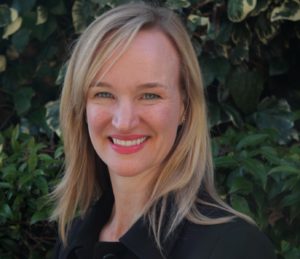
Monday Jul 17, 2017
How the Internet Can Help Stop Human Rights Abuse
Monday Jul 17, 2017
Monday Jul 17, 2017
This is special edition of Working Capital Conversations.
Sadly, there is no shortage of work these days for global human rights abuse investigators.
From Syria to Yemen to Sudan and beyond, the horrible ways in which humans torture, starve, and kill other humans seems unending. We all condemn the horrors, but most of us find ourselves with little opportunity to do anything directly.
Today I’m talking with someone who does.
Alexa Koenig is Executive Director of the Human Rights Center at UC Berkeley, a 2015 winner of a prestigious MacArthur Award for Creative and Effective Institutions. As Koenig describes, the Center is “a research organization that brings the tools of science and law together to address some of the world’s most pressing human rights issues.”
How much impact has the group already made? The Center has led investigations and research in more than a dozen countries, including Iraq, Rwanda, Uganda, and the former Yugoslavia. It also has launched what it calls the Human Rights Investigations Lab.
But unlike frontline and onsite human rights workers, these students do the bulk of their work from an undersized space on the UC Berkeley campus. So how does the Human Rights Center chase global perpetrators while sometimes never setting foot in the offending and offensive locations?
As I learned in my conversation with Alexa: Welcome to the power of the Internet.
By the way, if you are moved by the conversation and want to support the Human Rights Center, there’s a link embedded in the text introduction to this podcast. You also can go to hrc.berkeley.edu

